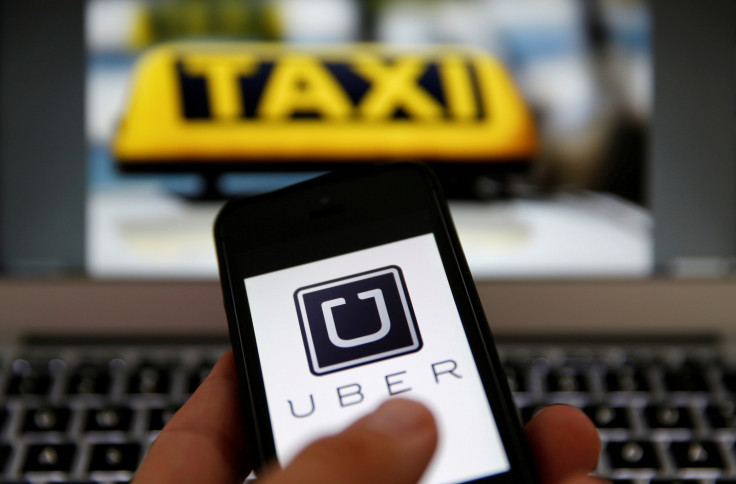Uber accused of secretly short-changing both drivers and customers in the US
Uber is alleged to be using software to deliberately charge customers more while paying drivers less.
App-based taxi company Uber has come under fire yet again – this time for allegedly programming its app to charge customers more while paying drivers less than the full fare, and pocketing the difference.
A class action lawsuit (first seen by Ars Technica) has been filed in the District Court of California stating that when a customer uses the Uber app to order a ride, the app deliberately shows the customer a slightly longer route and a set price.
However, the journey itself takes a shorter amount of time because the driver is shown a much faster route than the customer. The customer still pays the same higher price, but the driver pockets only the price shown by the faster route.
The court documents state that this issue came to light at some point between June and September 2016 when Uber implemented an "upfront" pricing system whereby the app would calculate the user's total fare before they agreed to book the job.
Uber accused of deliberately concealing fare discrepancies
"Based on information and belief, the Uber Defendants have intentionally designed the Uber Software, particularly the software that calculates the upfront price, to utilise a longer route than the one provided in the driver's application, for the purposes of creating the aforementioned discrepancy," the plaintiffs state in the lawsuit.
"The manipulation of prices between the amount charged to Users and the amount reported to drivers is clever and sophisticated...based on the design of the above-described software systems implemented by the Uber Defendants, it is beyond dispute that the Uber Defendants knew its software would result in a disparity between the fares charged to Users and the amounts reported and paid to drivers."
The plaintiffs say that if they had known that Uber was using this practice, they would not have agreed to take the passengers, or they would have insisted that Uber compensate them based on the higher fare that was shown to the customers.
The lawsuit claims that Uber intentionally concealed knowledge of what its software could do throughout 2016 and that the company's "deceit" was active, knowing and affirmative.

Plaintiffs seeking lost wages, damages and legal costs
The lawsuit claims that Uber committed fraud, breach of contract, unfair competition and unjust enrichment, and the plaintiffs are asking for restitution of their lost wages, damages, punitive damages and their legal costs to be paid.
"This case represents a shocking example of an active, extensive, methodical scheme implemented worldwide specifically to defraud drivers. This fraudulent scheme negatively impacted not only drivers like Plaintiff Sophano Van, and thousands of individual Class members nationwide, but even end users authorised by the Uber Defendants to use the Uber mobile application for the purpose of obtaining Transportation Services offered by Uber drivers ("Users")," the plaintiffs state in the lawsuit.
"Specifically, the Uber Defendants deliberately manipulated the navigation data used in determining the fare amount paid by its users and the amount reported and paid to its drivers."
© Copyright IBTimes 2024. All rights reserved.






